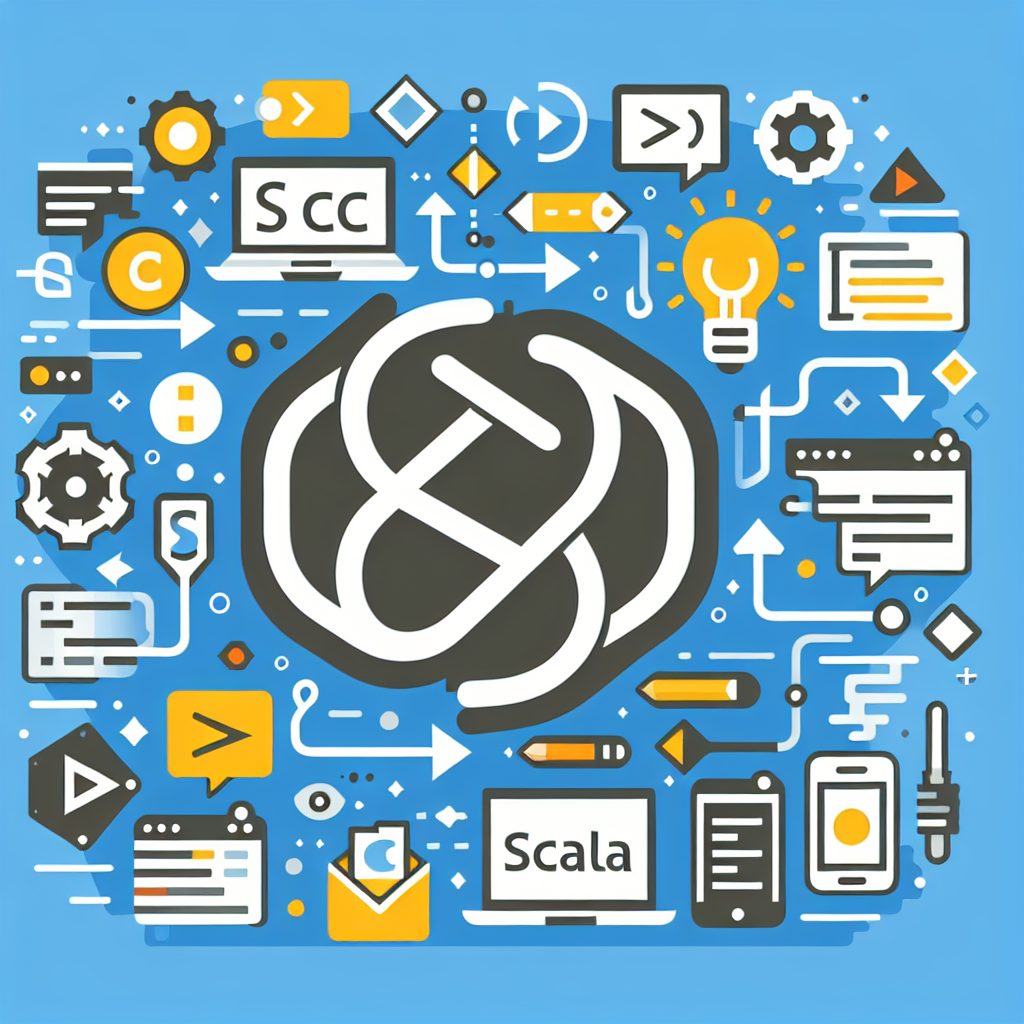Convert C# to Scala: Seamless Code Transformation Tool
Effortlessly convert C# to Scala with our intuitive tool. Enhance cross-language projects and boost productivity. Try it now for seamless code transformation!
Source Code
Converted Code
Output will appear here...
Transform your C# code to Scala effortlessly with our C Sharp to Scala converter. This tool streamlines code migration, enhancing productivity and facilitating seamless integration into Scalas functional programming paradigm. Ideal for developers looking to leverage Scala’s expressive syntax and JVM compatibility, this converter ensures a smooth transition with accurate code translation.

C# to Scala Conversion Tool Link to this section #
Effortlessly migrate your codebase from C# to Scala with our advanced conversion tool. This tool is designed for developers seeking to leverage Scala's functional programming capabilities while maintaining the logic and structure of their existing C# code.
Key Features Link to this section #
- Automatic Syntax Conversion: Translates C# syntax into equivalent Scala constructs, preserving code readability and functionality.
- Type Mapping: Accurately maps C# types to Scala, such as
inttoInt,stringtoString, enabling seamless integration. - Lambda Expressions: Converts C# lambda expressions into Scala's concise function literals.
- Library Reference Updates: Suggests Scala libraries and frameworks that correspond to commonly used C# libraries.
How It Works Link to this section #
Simply input your C# code, and the tool will output the equivalent Scala code. Below is an example of how C# code is translated:
C# Code Example Link to this section #
using System;
public class HelloWorld
{
public static void Main(string[] args)
{
Console.WriteLine("Hello, World!");
}
}
Converted Scala Code Link to this section #
object HelloWorld {
def main(args: Array[String]): Unit = {
println("Hello, World!")
}
}
Benefits of Using Scala Link to this section #
- Functional Programming Paradigm: Embrace immutability and first-class functions to enhance code reliability and maintainability.
- Concurrency Support: Utilize Scala's powerful concurrency model to build scalable applications.
- Interoperability: Seamlessly integrate with Java, accessing a vast ecosystem of libraries and tools.
Additional Resources Link to this section #
This tool is ideal for developers looking to transition to Scala while retaining the essence of their C# code. With features designed to streamline the conversion process, you can focus on harnessing Scala's robust features and improving your application's performance and scalability.
Frequently Asked Questions
What are the main differences between C# and Scala?
C# is a statically typed, object-oriented programming language developed by Microsoft, primarily used for developing Windows applications. It has extensive support for functional programming features but is still mainly object-oriented. Scala, on the other hand, is both object-oriented and functional, with a strong emphasis on functional programming paradigms. It runs on the JVM, making it compatible with Java libraries, and is often used for big data processing and concurrent applications.
How can I migrate a project from C# to Scala?
Migrating a project from C# to Scala involves several steps: understanding the core differences in language paradigms, translating C#'s object-oriented code to Scala's functional style, and adapting to Scala's syntax and library ecosystem. Tools and libraries used in the C# project may have Scala equivalents or require custom solutions. It's also crucial to set up a build environment that supports Scala, such as using sbt or Maven, and to test thoroughly during and after the migration.
What resources can help me learn Scala if I come from a C# background?
For C# developers transitioning to Scala, resources like 'Programming in Scala' by Martin Odersky, online courses on platforms like Coursera or Udemy, and the Scala documentation are invaluable. Joining Scala communities, such as forums or meetup groups, can provide support and insights. Additionally, experimenting with small projects or contributing to open-source Scala projects can help solidify your understanding of the language.